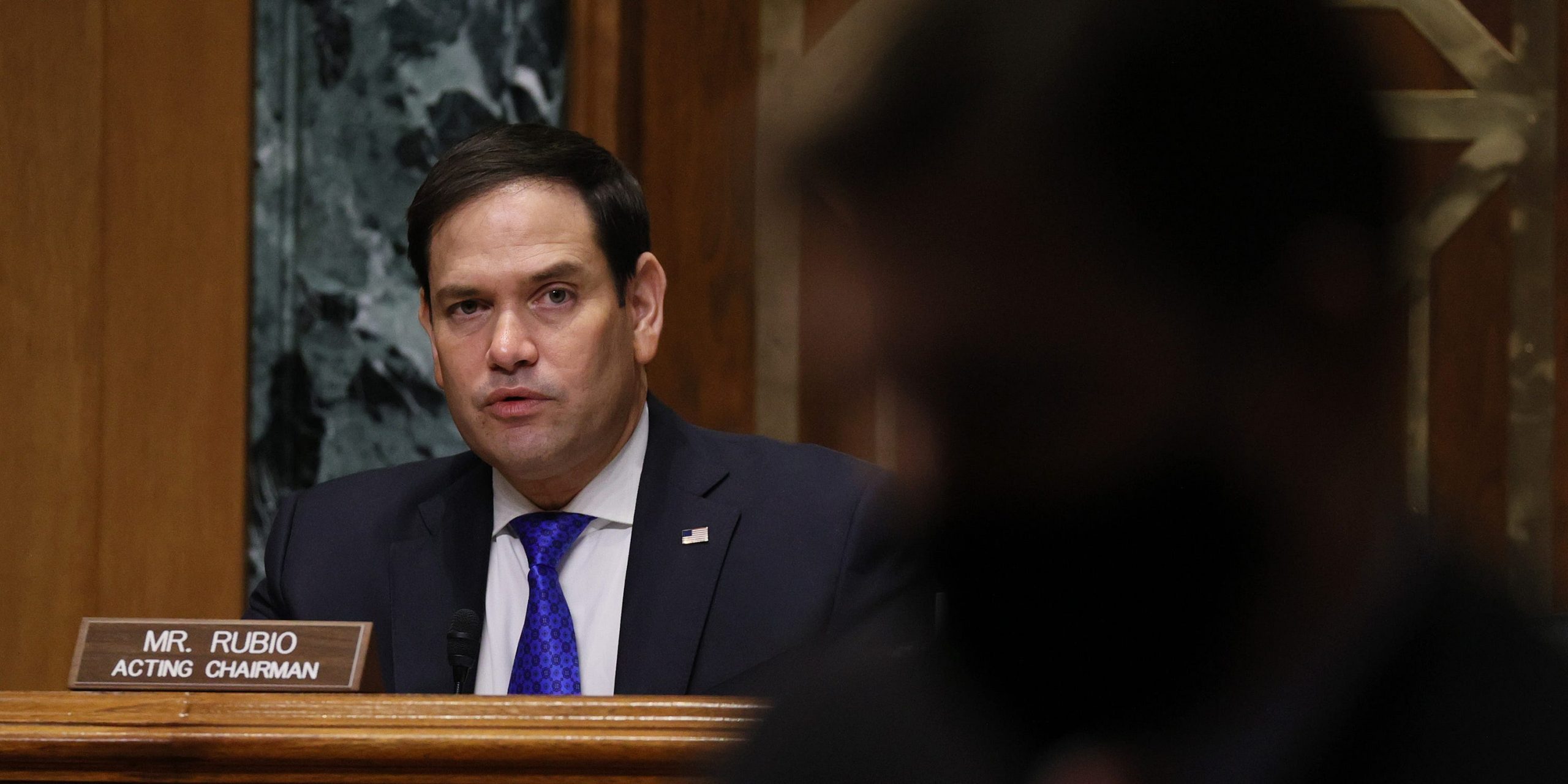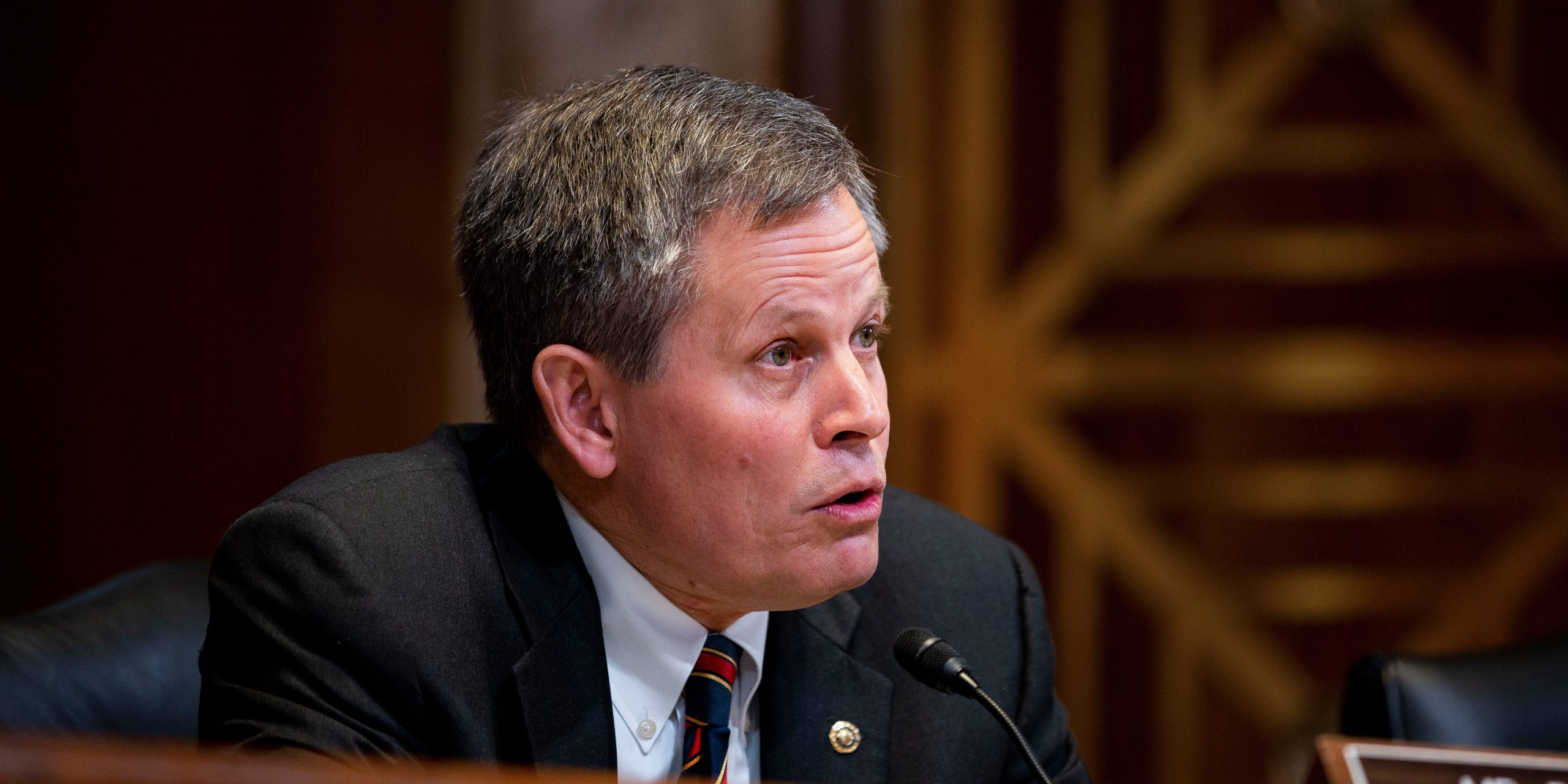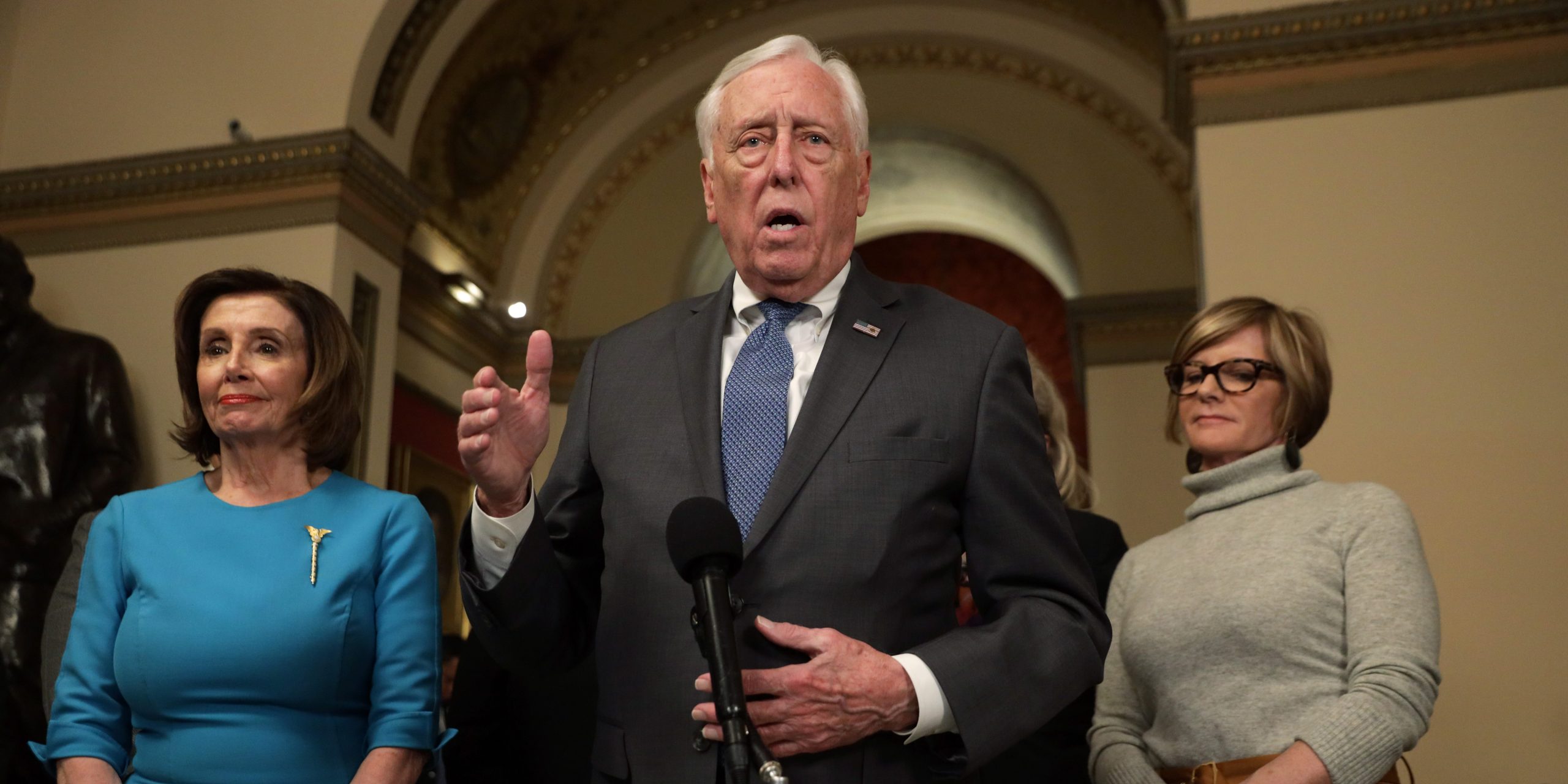
Joe Raedle/Getty Images/Bloomberg via Getty Images
- Democrats want to bring back earmarks, but face strong opposition from Republicans.
- Republicans, who banned earmarks a decade ago, want to permanently do away with them, citing past abuses.
- Democrats argue that members of Congress use them to receive funding for community projects.
- Visit the Business section of Insider for more stories.
Earmarks used to be a major – and controversial – tool for getting difficult legislation passed through Congress, but that all changed a decade ago. Now it could be changing back again, but not if the Republican Party has anything to say about it.
The House Appropriations Committee, led by Chair Rosa DeLauro, announced new reforms on Friday for “community-project funding,” essentially bringing earmarks back with more transparency and accountability. Those were two of the main complaints behind earmarks’ ban under a Republican Congress in 2011.
In a statement, DeLauro said the House will begin accepting member requests for funding in the upcoming fiscal year, and it “will allow members to put their deep, first-hand understanding of the needs of their communities to work to help the people we represent.”
Earmarks have a loaded history, as demonstrated by the nickname which comes from the world of livestock, with the implication being that earmarks are part and parcel of loathed “pork-barrel” politics. But for decades, they were useful in getting certain members of Congress to go along with legislation that didn’t directly benefit their district.
After a series of scandals related to earmarks obtained by members of both parties in the early 2000s, especially the infamous “bridge to nowhere,” a Republican-led Congress banned them a decade ago.
Here's why Republicans want to go further and ban them forever, and why Democrats want to bring them back.
Here's why some Republicans want a permanent earmark ban

Anna Moneymaker/Getty Images
On Monday, Republican Sens. Marco Rubio of Florida and Steve Daines of Montana, joined by eight other Republican senators, introduced a bill to permanently ban earmarks.
"For decades, Congress abused the trust and faith of the American people by handing out earmarks to well-connected businesses, campaign donors, and others who could afford a high-priced lobbyist," Rubio said in a statement. "Those backroom deals led to corruption and waste, and bought votes in Congress for unpopular legislation."
Daines added in a statement that earmarks "do nothing but add to the toxic, swampy culture that DC's known for."
The House Freedom Caucus, which consists of conservative Republican members, said on Twitter on February 25 that earmarks are "the currency of corruption."
—Steve Daines (@SteveDaines) March 2, 2021
Earmarks for congressional Republican were a major factor behind last decade's ban. In 2005, Alaska Rep. Don Young secured $223 million for a bridge that would connect two small islands; critics argued that this "bridge to nowhere" would not actually serve any community, as few people would actually use it. And in the same year, former California Rep. Duke Cunningham landed himself eight years in prison for accepting $2.4 million in bribes in return for promising earmarks to defense contractors.
The opposition to earmarks has been bipartisan for much of the last decade. In 2011, former President Barack Obama said in his State of the Union speech that he would veto any bill that contained earmarks. And when Democrats explored bringing them back in 2019, then-Appropriations Chair Nita Lowey said in a letter that there wasn't enough bipartisan support for reinstatement, and Democrats wanted that level of consensus.
Not all Republicans strictly oppose bringing them back. Senate Appropriations ranking member Richard Shelby told reporters on February 25 that he supports earmarks that are "meritorious and transparent."
"If they are frivolous requests, they should go by the wayside," Shelby said.
Rubio and Daines did not immediately respond to Insider's requests for comment.
Here's why some Democrats want to bring earmarks back

Alex Wong/Getty Images
DeLauro's position on earmarks is that members of Congress need more funding to help their constituents and can avoid past abuses.
"Community Project Funding restores balance on important decisions about how and where to spend taxpayer dollars, allowing Members of Congress to bring their knowledge and experience to the decision-making," DeLauro said in a statement.
Beyond specific community funding needs, the lack of earmarks over the last decade has made Congress' job harder.
In 2018, then-House Democratic Whip Steny Hoyer testified before the Rules Committee on the importance of congressional earmarks, saying that "Members of Congress individually know their districts better than anyone at federal agencies and better than the Appropriations Committee as a whole."
"Now, just as we saw the consequences of an unchecked system in the past, we've now seen also the unintended consequences of eliminating Congressionally directed spending altogether," Hoyer said.
With Democrats now in the majority in both the House and Senate for at least two years until the midterm elections, earmarks could well be useful for getting more moderate or conservative Democrats to support big bills. For example, when progressive legislation is on the table, senators such as Joe Manchin of West Virginia or Kyrsten Sinema of Arizona - who both opposed a $15 minimum wage increase - could be more likely to support bills with community-funding measures introduced to them.
Manchin and Sinema did not respond to Insider's requests for comment on whether they would support reinstating earmarks.
Dit artikel is oorspronkelijk verschenen op z24.nl